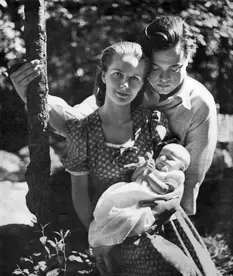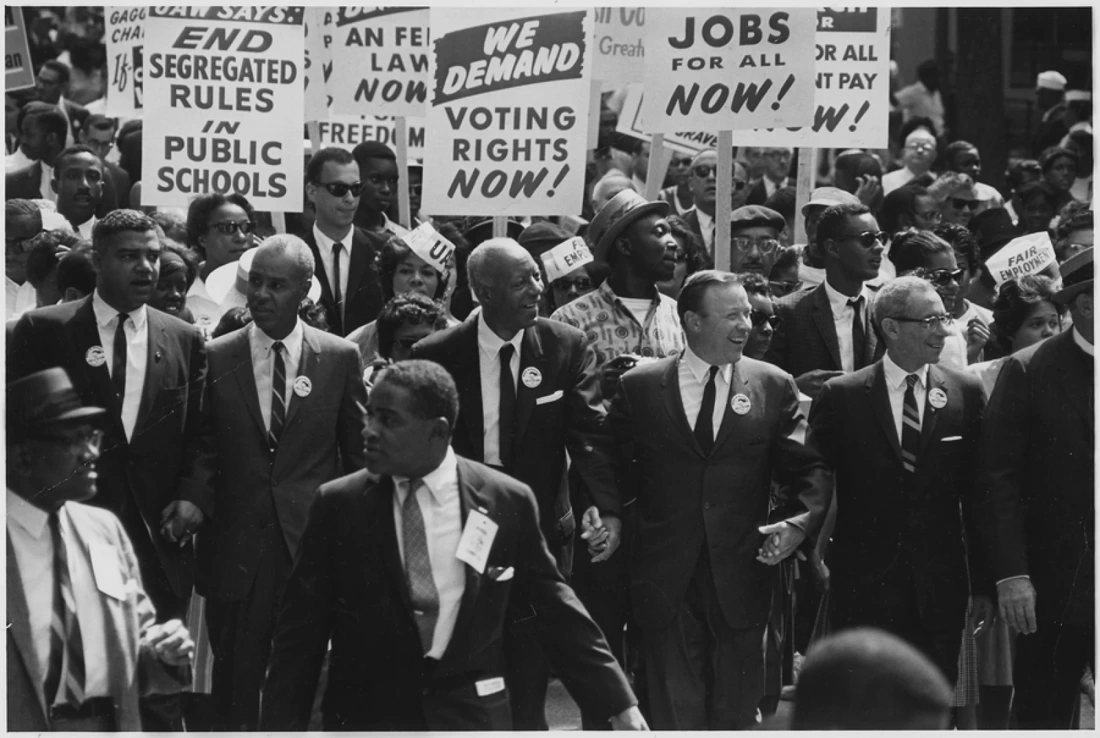
The term “Silent Generation” was first documented in a 1951 Time magazine article, which claimed that the most startling fact about this generation was its silence: “By comparison with the Flaming Youth of their fathers and mothers, today's younger generation is a still, small flame.”
The generation’s “silent” behavior has been attributed to the difficult times in which they were born, as well as their coming of age during McCarthyism. Though the Silent Generation is known for traditionalist behavior and a desire to work within the system rather than to change it, many not-so-silent and untraditional members of this generation shaped the world in significant ways.
The Birth Years of the Silent Generation
As with all generations, the birth years given for the Silent Generation vary depending on who creates the evaluation or defines the term. An often-used range, however, is 1928–1945. These years span from the beginning of the Great Depression to the end of World War II. People born during this time are also sometimes called “Radio Babies” or “Traditionalists.”
The term “Silent Generation” mainly refers to people living in the United States, but in some other parts of the world, war and economic trouble led to similar characteristics and behaviors in people born during this time.
Who Are the Silent Generation?
The oldest members of this generation were born at or near the beginning of the Great Depression. They were children during World War II and came of age during the 1950s and 60s. This generation is significantly smaller than their predecessors, those of the Greatest Generation, and smaller than the next generation, the Baby Boomers.
Many scholars believe that the Silent Generation’s low birth rate was due to the uncertainty and difficult conditions of the time, which meant that fewer people felt secure in starting families and raising children. The Silent Generation, as well as the Greatest Generation, were the parents of the Baby Boomers.
Characteristics of the Silent Generation
The Silent Generation began life in some of the most difficult conditions, including the Great Depression, the Dust Bowl, and economic and political uncertainty. The circumstances surrounding their upbringing led many of this generation to adopt cautious, conscientious behavior. The members of this generation also often have the characteristics described below.
- The Silent Generation is thrifty. Members of this generation were born at a time when, because of war rationing and economic uncertainty, some of their parents could barely afford to feed them. This tragic situation led to a new way of thinking about resources, and these children found themselves raised with thriftiness in mind.
- The Silent Generation is respectful. Members of this generation typically have a deep respect for authority. They often worked in the same job or company for the majority of their careers.
- The Silent Generation is loyal. Members of this generation are not only loyal to their careers but also to their religious beliefs, their relationships, and their families. They value stability and likewise are stable and dependable.
- The Silent Generation is determined. This generation experienced many difficult times and challenges. Survival required grit and strength and a strong sense of determination.
Their Slice of History
Korean War
The soldiers sent to Korea during the Korean War were primarily from the Silent Generation. While this conflict is sometimes referred to as the “Forgotten War,” it has not been forgotten by this generation. The conflict defined a significant part of their lives and deepened the conflict between the United States and the Soviet Union. Many brave soldiers lost their lives.
McCarthyism and the Red Scare
The McCarthy era was one of fear and enforced conformity. It got its name from United States Senator Joseph McCarthy but was a widespread phenomenon. During this time, many people in the United States feared communist spies or communist sympathizers. Because of this fear, some government officials began screenings and trials to determine loyalty. Many citizens were accused and lost their careers, and some were imprisoned. Joseph McCarthy is most remembered for his investigations, which are often compared to witch hunts. Due to this social turmoil in their early adulthood, those of the Silent Generation would try keep their heads down.
Civil Rights Movement
While the generation may be called silent, many of the most influential voices in the civil rights movement were a part of this generation. These civil rights activists were anything but silent, advocating for change and equality. Nearly all the great leaders of the civil rights movement were a part of the Silent Generation. Martin Luther King Jr., born in 1929, was one of the most influential leaders at that time. The Little Rock Nine Students, born during the years 1940–1942, were among the first to integrate schools. These members of the Silent Generation, along with other members of the Silent Generation who were involved in this historic movement, were incredibly influential and inspiring.
The Silent Generation in Your Family
Who in your family tree is a part of the Silent Generation? What were their experiences during their lives? Learn more about your family’s story by exploring your family tree and recording their memories and experiences.
Photo Credit: National Archives and Records Administration




